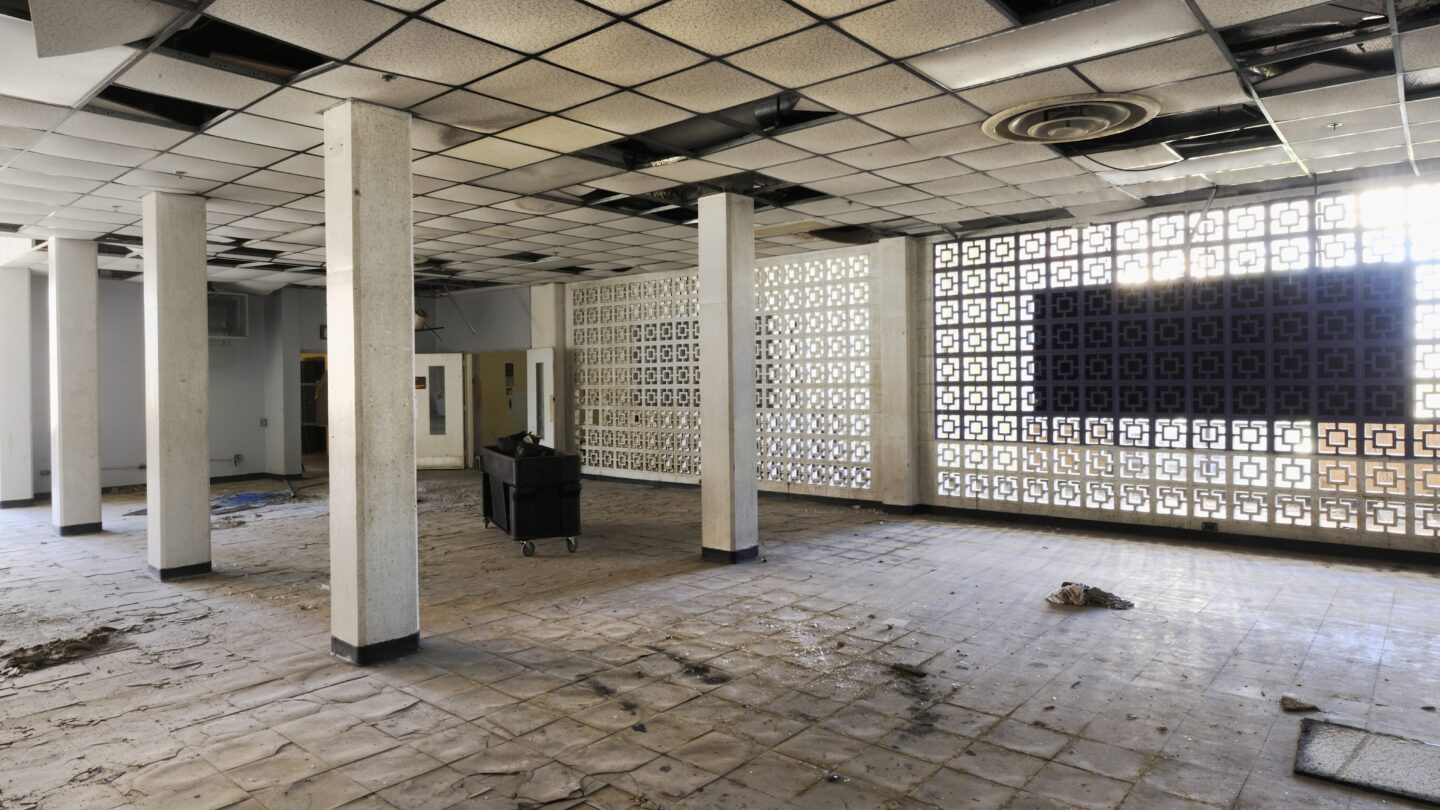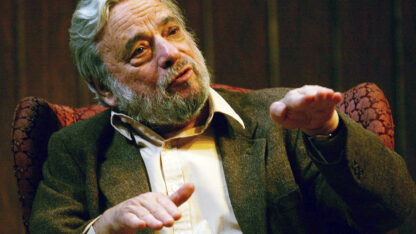“The soul of a musician, heart of a composer, and the brain of an engineer” all belong to one artist named Douglas Hooker, so described in his own words. He’s the executive director of the Atlanta Regional Commission, soon to retire after over ten years, hoping to spend more time devoted to his music.
A large-scale work composed by Hooker sees its world premiere Sunday, Feb. 6, at the Ferst Center for the Arts at Georgia Tech, accompanied by an orchestra and the Trey Clegg Singers. The symphony, titled “Without Regard to Sex, Race, or Color,” drew inspiration from two works of photography by Andrew Feiler. The composer and the photographer joined “City Lights” host Lois Reitzes via Zoom and the organist and conductor Trey Clegg to talk about this many-faceted creation of music, visual art, and friendship.
Feiler and Hooker have been friends for more than twenty years, participating in civic events and conversations about art. Over dinner in 2015, Feiler pitched the idea of a collaboration to his friend. Hooker recounted, “He said, ‘What if you compose something in response to my book? Because you’re familiar with the journey — you’re familiar with the themes and everything else.’ And so I said to him … ‘So are you wanting some kind of ‘Pictures at an Exhibition’ kind of approach?’”
Though one can easily imagine Hooker channeling Mussorgsky, what Feiler wanted was simply “whatever comes out of your heart, your mind, however, you interpret my work,” according to the composer. The first movement would eventually develop into a three-part symphony premiered in 2019 at the historic Lorraine Motel in Memphis, now known as the National Civil Rights Museum.
Feiler’s photography focuses on themes of activism, art, and history. His portraits of the abandoned buildings of the once-bankrupt Morris Brown College in Atlanta shed light on the crucial role of education in America, “the backbone of the American dream,” as he puts it. The book of photographs, called “Without Regard to Sex, Race or Color,” takes its name from the inscription on Morris Brown College’s school bell. Also contributing to Hooker’s musical interpretation were the photos in Feiler’s follow-up project, “A Better Life For Their Children,” capturing images of the Rosenwald schools set up with the help of Booker T. Washington for Black students throughout the early 20th century.









